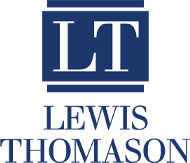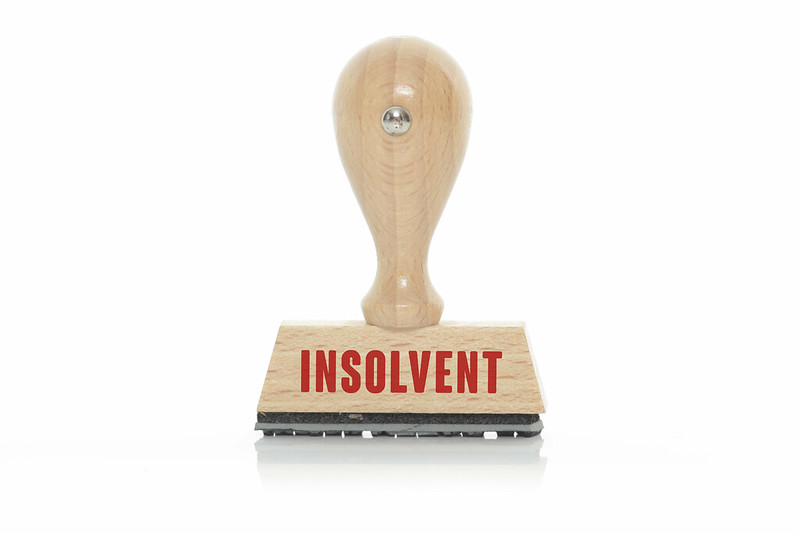Trial Court Erred in Awarding Directed Verdict for Undercapitalized Contractor Defendant
The recently decided Ruben Estrada v. DJ Exteriors, LLC et al. (2023 Tenn. App. LEXIS 91) involves a contractual dispute between a contractor and subcontractor. DJ Exteriors, LLC, a limited liability company specializing in masonry, siding, and roofing, was owned by three members – Dustin Jones, James Reedy, and Ryan Meadows. As majority member, Dustin Jones was responsible for day-to-day operations and had the authority to enter contracts. James Reedy was an accountant/administrator, and Ryan Meadows was an administrator. The company often hired subcontractors to perform work. They had hired Ruben Estrada as a subcontractor for 19 projects. The price and start date for each project was determined through mutual agreement between Jones and Estrada after walking the site together. Estrada would then help Jones prepare invoices before sending them to Reedy for accounting. Invoices would be sent intermittently throughout the project.
In July 2019, DJ Exteriors began underpaying Estrada’s invoices. By December 2019, Estrada demanded payment for the outstanding amount owed. In January 2020, Jones moved to Jackson, Tennessee. As a result, DJ Exteriors stopped taking new projects and started winding down the business. At that time, DJ Exteriors had $78,000 in its bank account, but owed $63,492 to Estrada. Instead of paying Estrada, the members of DJ Exteriors distributed cash to themselves, leaving only $16,730 in the account.
Estrada filed suit in Williamson County Circuit Court and initially claimed breach of contract against DJ Exteriors. The complaint was later amended to include claims of fraudulent conveyance, piercing the corporate veil, and punitive damages. The individual LLC members were added as defendants.
During the trial in April 2022, evidence was presented regarding fraudulent conveyance, showing that the cash distributions made to the members dissipated the company’s operating funds, making it unable to pay Estrada. After the presentation of the plaintiff’s evidence, the defendants moved for a directed verdict on the piercing corporate veil, fraudulent conveyance, and punitive damages claims. The court granted the directed verdict for the Defendants, dismissing those claims. However, the trial continued, and the jury returned a verdict in favor of Estrada for the breach of contract claim, awarding $63,492, plus prejudgment interest and discretionary costs. Estrada filed a motion to alter or amend the ruling on the directed verdict or request a new trial, but it was denied.
As a result, an appeal followed. During the appeal, Estrada argued that the trial court erred in granting a directed verdict on the piercing corporate veil claim. To pierce the corporate veil, a claimant must convince the court that the entity is “a sham or dummy,” and that disregarding the corporate form is necessary to accomplish justice. Estrada also argued that the court should consider the 11 factors typically examined in corporate veil piercing cases. While no one factor is conclusive, the diversion of corporate assets by or to a stockholder or other entity to the detriment of creditors was emphasized by the Court. The LLC’s operating agreement stipulated that distributions could only be made if the company’s assets exceeded its liabilities. Therefore, the appellate court found the trial court erred in granting a directed verdict, as there was sufficient evidence to present the piercing corporate veil claim to the jury.
Regarding the fraudulent conveyance claim, Estrada contended the Defendants made cash distributions contrary to the operating agreement, leaving insufficient funds to satisfy Estrada’s claim, thereby rendering the company essentially insolvent as to Estrada’s claim. Estrada argued that there was enough evidence to survive a motion for a directed verdict, as the Defendants’ actions demonstrated an intent to delay, hinder, or defraud creditors.
The court found that reasonable minds could differ as to whether the Defendants’ actions were a fraudulent conveyance, so the issue should be allowed to go to the jury. The appellate court found that the trial court erred in granting a directed verdict on the piercing corporate veil and fraudulent conveyance, but they affirmed the grant of a directed verdict as to the issue of punitive damages because the issue was not properly raised and thus was waived on appeal.
What’s the takeaway from all of this? It’s important to keep in mind that while corporate forms such as corporations and limited liability companies shield liability, this protection is not absolute and can be pierced under an alter ego theory where such facts exist. Furthermore, certain actions taken by a defendant to “judgment proof” themselves can expose the defendant to a fraudulent conveyance claim. When in doubt, consult with an attorney.
Photo credit: Tim Reckmann licensed under CC BY 2.0 Deed.





